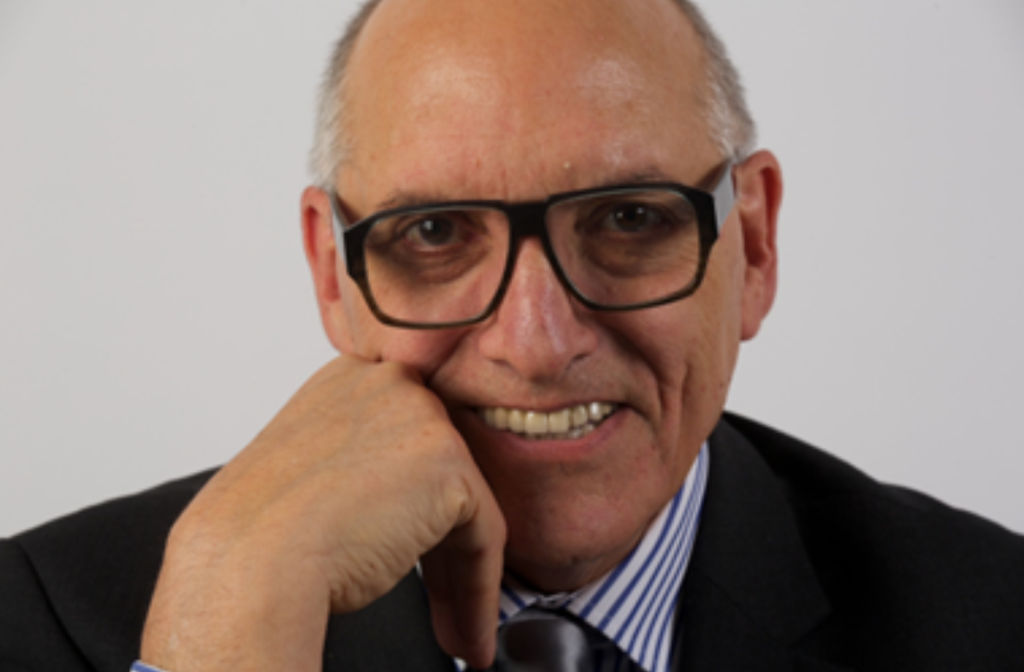Broadcaster, geopolitics/economics and finance expert Dr Roger Gewolb, head of the Campaign for Fair Finance ™, and Fairmoney.com criticises the Bank of England’s latest base rate announcement today.
One of the first experts to call for the Bank to reduce interest rates and introduce major reforms, Dr Gewolb criticises the Bank’s decision to hold the base rate at 5.25% today, stating that “The Bank of England had enough positive data to immediately decrease interest rates from 5.25% to at least 5% today. However, Andrew Bailey and his team have chosen to persist with their stubborn and misguided monetary policy”. “It seems that Mr Bailey simply cannot break his long–established habit of acting too late; he waited too long to begin raising interest rates, and now he’s doing the same thing the other side.”
Since the first-rate hike, Roger Gewolb, along with noted economist Catherine McBride and other independent experts, has been urging the Bank to reduce interest rates immediately and introduce reforms through his Campaign for Fair Finance™. More recently, his call has been echoed by ex-Lloyds Bank economists at the Institute of Economic Affairs, and many others.
According to Gewolb, interest rates should have peaked at 4.50%, “They have already tightened monetary policy far too much, once again acting too late, which they already did in the past by keeping interest rates too low before finally increasing them too quickly. Their approach was too aggressive, causing a series of economic shocks that have worsened our economy and hindered our growth prospects. And, as I have been saying for over a year, we have non-– consumer–driven inflation, so interest rate rises – all 14 of them – were never going to curb inflation anyway.”
Gewolb has been vocal through his expert comments across UK National media about Andrew Bailey and BoE mismanagement of UK monetary policy; “Interest rate changes can take up to 12-18 months to have a full impact, he explains. “We are still waiting for previous hikes to feed through fully, right now money growth is low, it is a difficult economic environment, but inflation is falling, and they should start lowering rates earlier than only when reaching their inflation target or the risk is great of overdoing it”.
“I fail to see why interest rates should still be kept high for much longer. They have not been effective, falling petrol prices led to a decline in inflation recently, which dropped to 3.9% – the lowest rate in two years, well below Rishi Sunak’s target of 5% by year-end. It has nothing to do with anything Messrs. Hunt, Sunak or Bailey have done to curb inflation. The decrease in borrowing is not due to a sudden surge in financial responsibility or a boost in wealth among households and firms. Rather, it is a result of their inability to afford borrowing. This has led to reduced spending and investment capacity, which is evident from the recent sales and manufacturing data. Every day I see people with mortgages increasing by as much as £1000 a month and businesses, failing all over the place after many decades of success. All of this damage and misery sit squarely on the shoulders of the Bank of England.”



